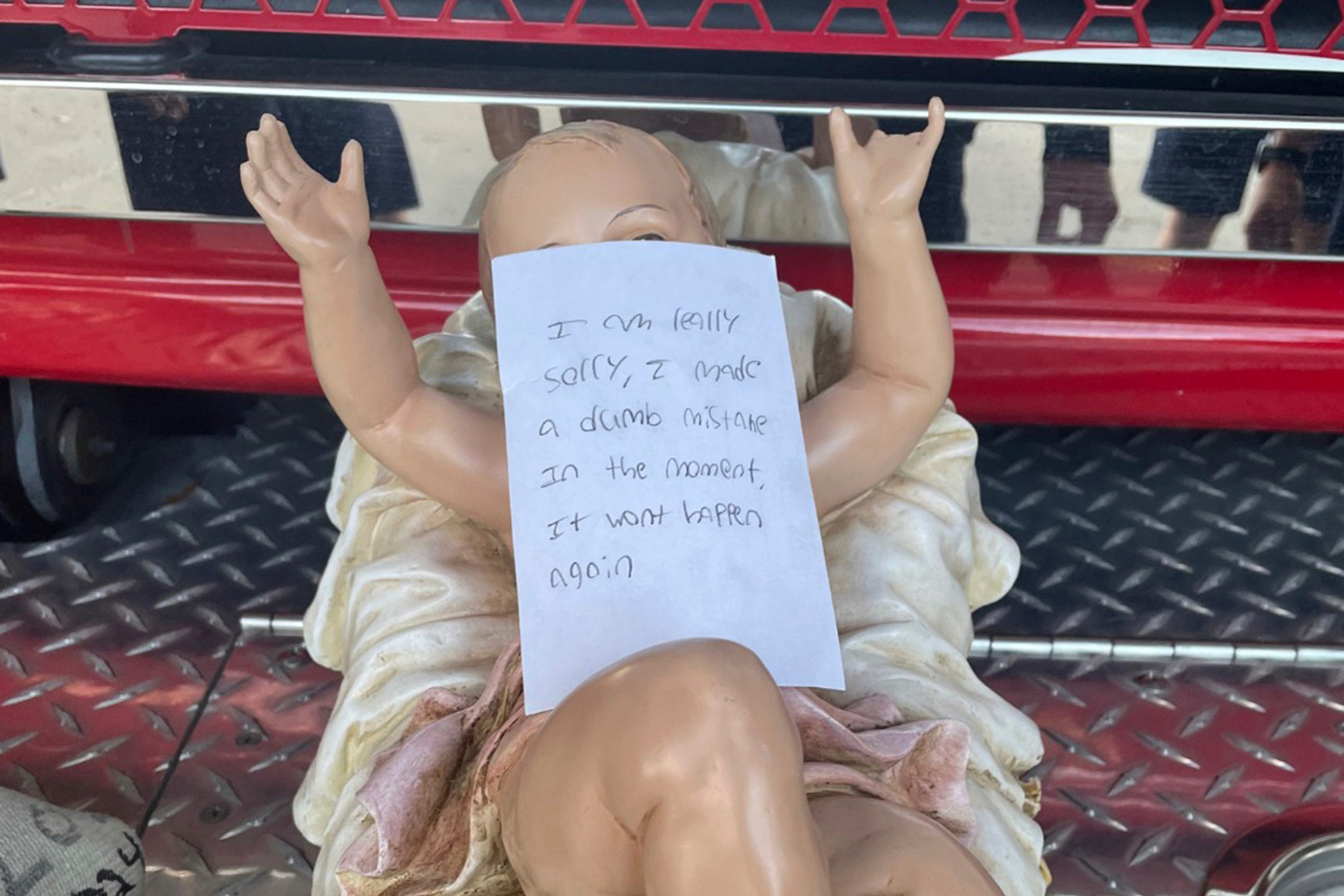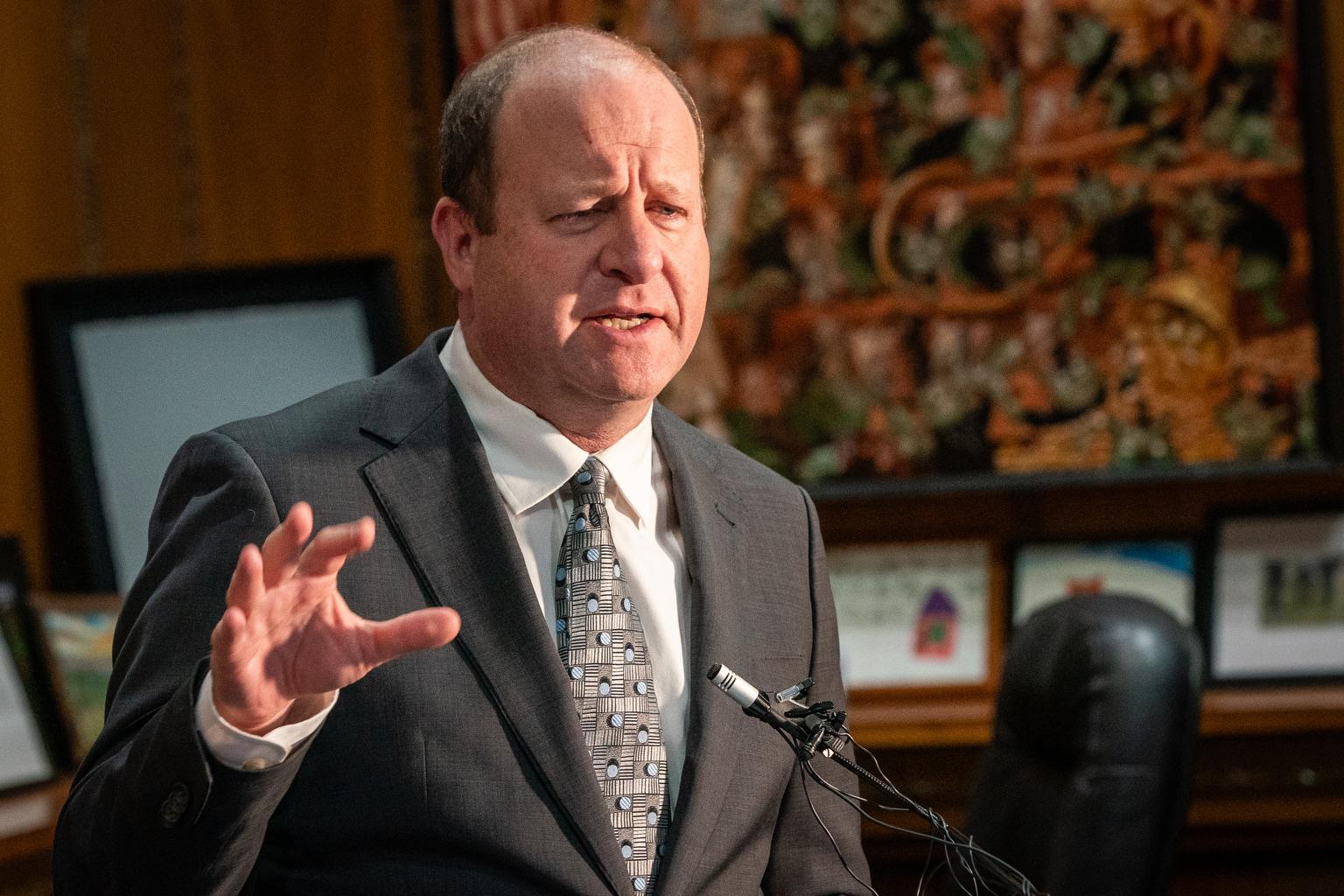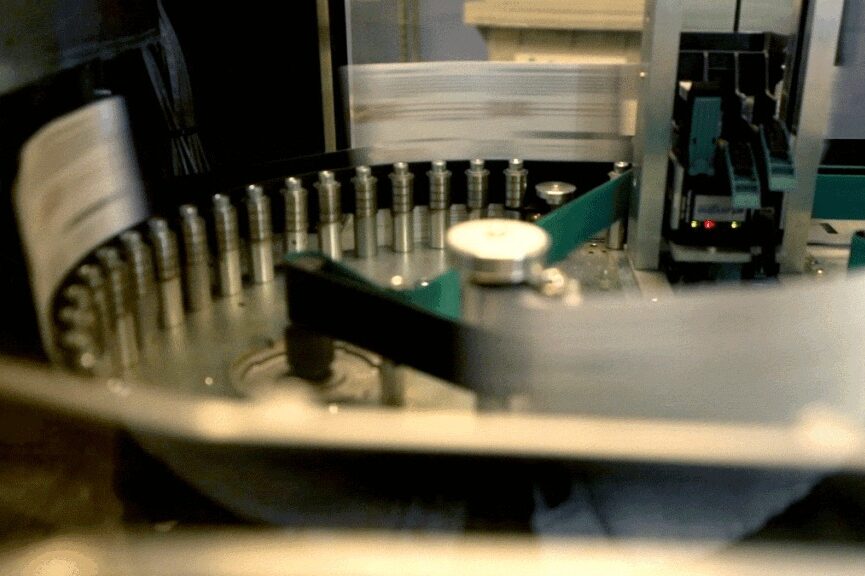President Trump's former campaign chairman, Paul Manafort, is suing the Justice Department and special counsel Robert Mueller, alleging that Mueller has exceeded his mandate by investigating matters unrelated to the 2016 election.
Manafort and business associate Rick Gates face money laundering and other charges as part of the special counsel's investigation into possible coordination between the Trump campaign and Russia.
Both have pleaded not guilty.
Manafort's lawsuit, filed in federal court in Washington, D.C., alleges that Mueller's team has "diverged" from its stated focus on potential collusion with the Russians who attacked the 2016 election and instead zeroed in on Manafort for "unrelated, decade-old business dealings" in Ukraine.
It says those business interests date to as early as 2005 and have "no connection whatsoever" with the 2016 campaign. The suit also argues that the investigation of Manafort is "completely unmoored from the special counsel's original jurisdiction."
Mueller's office declined to comment.
A spokeswoman for the Justice Department said: "The lawsuit is frivolous but the defendant is entitled to file whatever he wants."
Manafort has filed suit as the politics surrounding the investigation are heating up. Many House Republicans say that the special counsel's probe is tainted by political bias and that it will never give Trump a fair shake. Some of the president's surrogates have called for Mueller's investigation to be shut down and for the Justice Department to appoint another special counsel to investigate former Democratic presidential candidate Hillary Clinton.
The president has repeatedly called the investigation a "witch hunt," but he also recently told the New York Times that he thinks Mueller is "going to be fair." Trump also said — again — that "there's been no collusion."
Deputy Attorney General Rod Rosenstein also was named as a defendant in the Manafort civil suit. Rosenstein appointed Mueller in May after Trump fired FBI Director James Comey. Rosenstein supervises Mueller's investigation in lieu of Attorney General Jeff Sessions, who recused himself from Russia-related matters because of his role in the Trump campaign.
Rosenstein's order appointing Mueller empowers the special counsel to investigate "any links and/or coordination between the Russian government and individuals associated with the campaign of President Donald Trump." But it also authorizes Mueller to probe "any matters that arose or may arise directly from the investigation."
Manafort's lawsuit alleges that the deputy attorney general's order in effect wrongly gives Mueller "carte blanche" to look into and pursue criminal charges against "anything he stumbles across while investigating, no matter how remote from the specific matter" of Russia.
9(MDEyMDcxNjYwMDEzNzc2MTQzNDNiY2I3ZA004))








